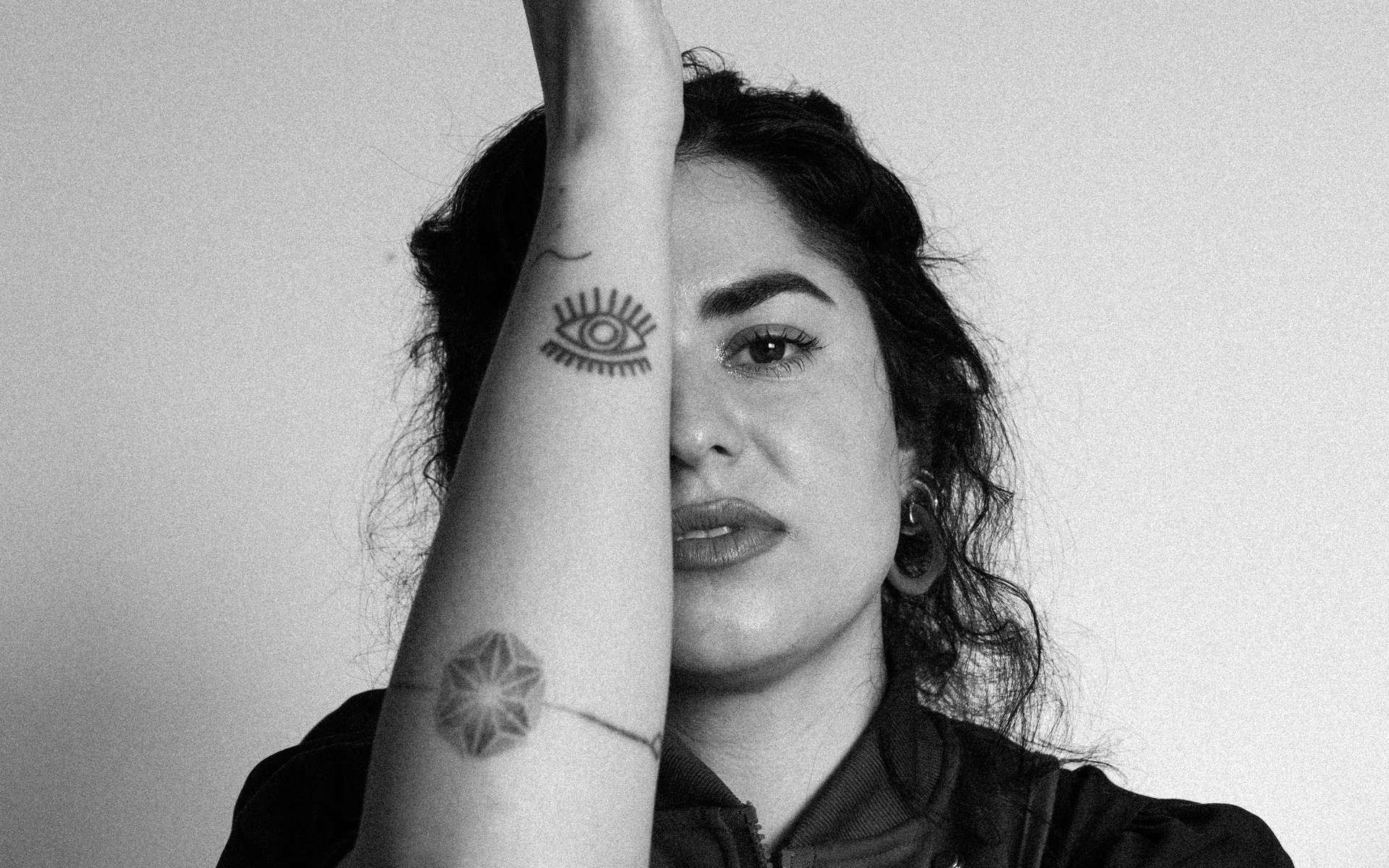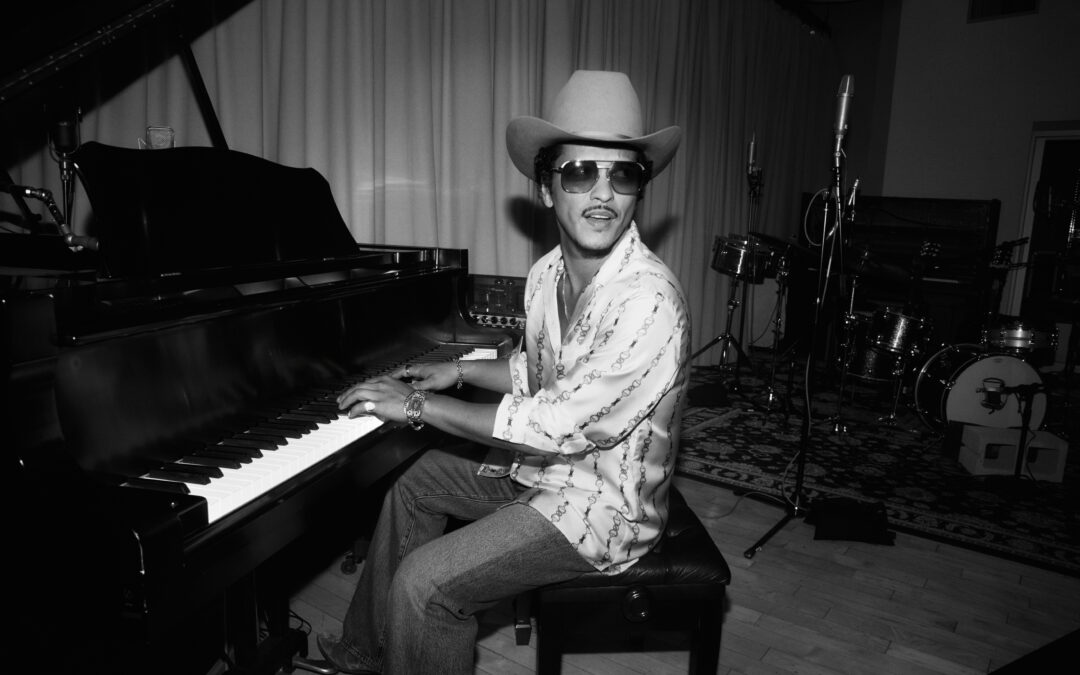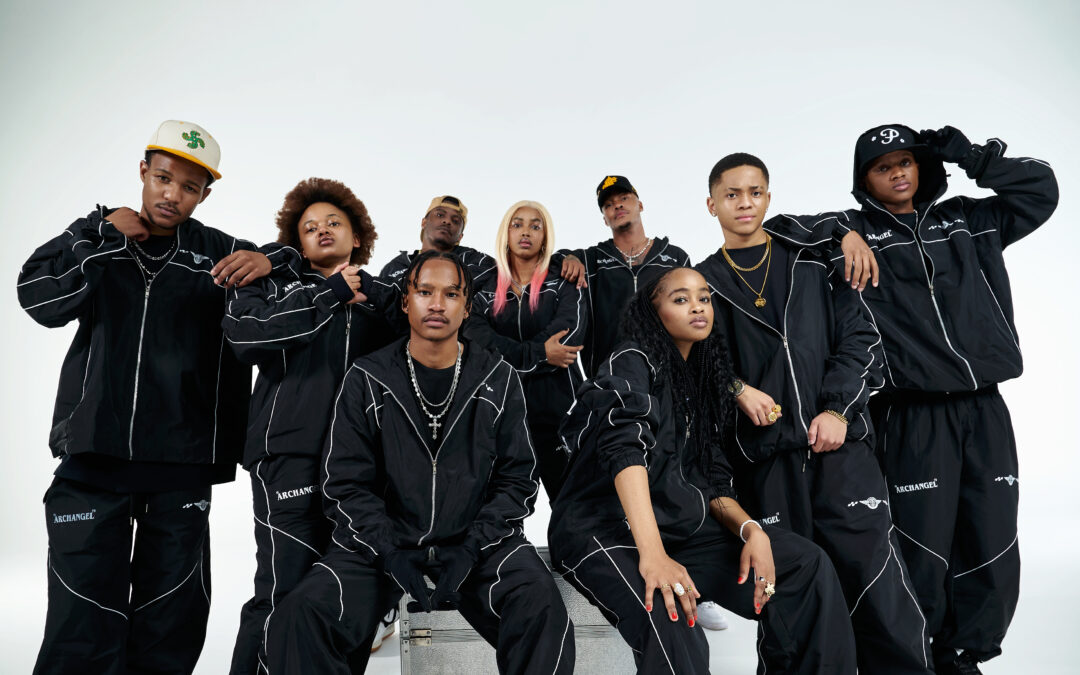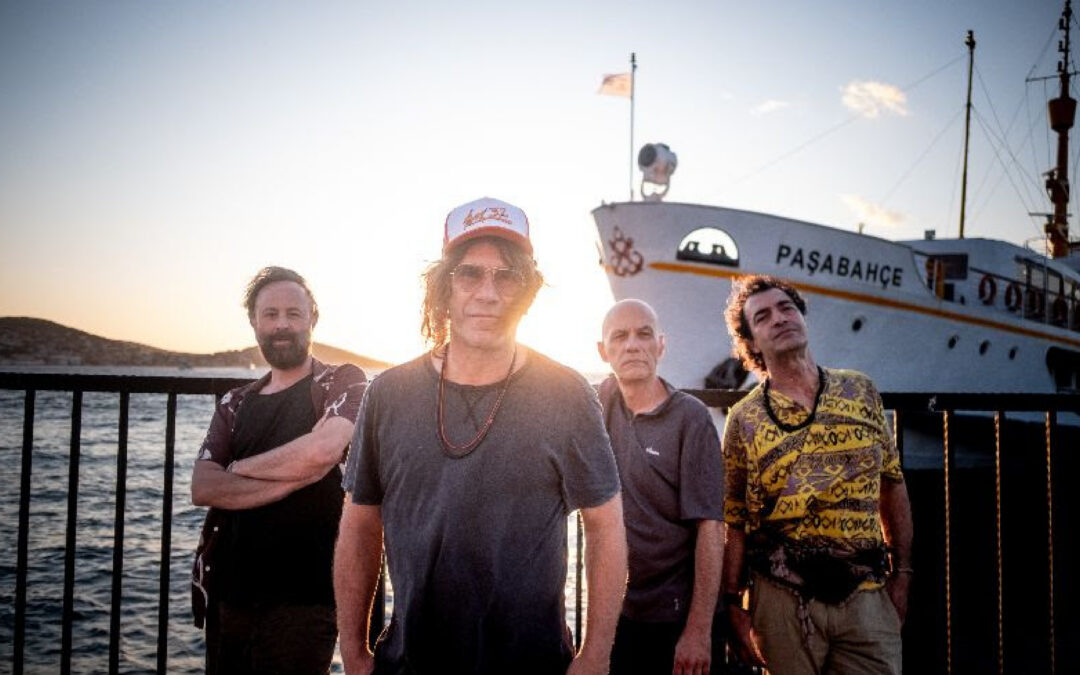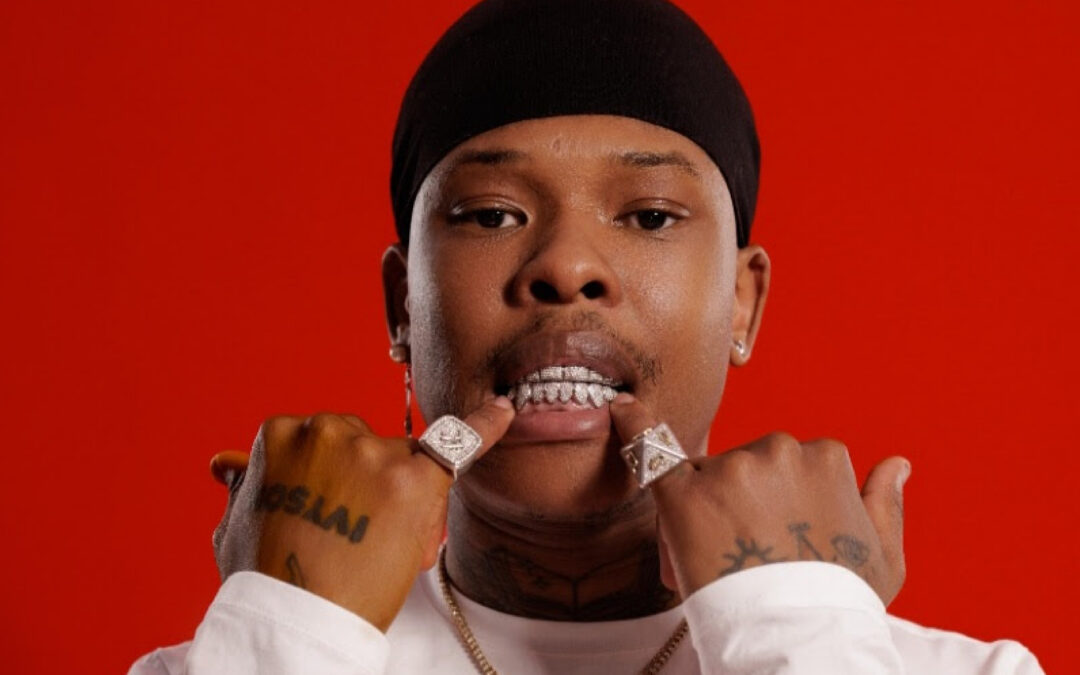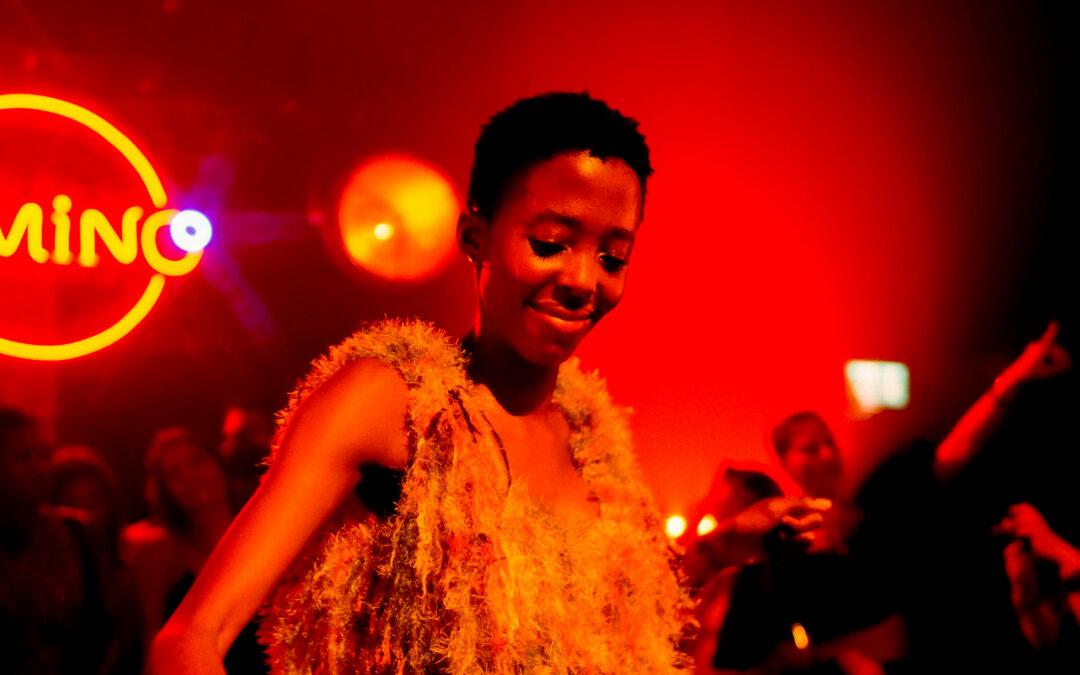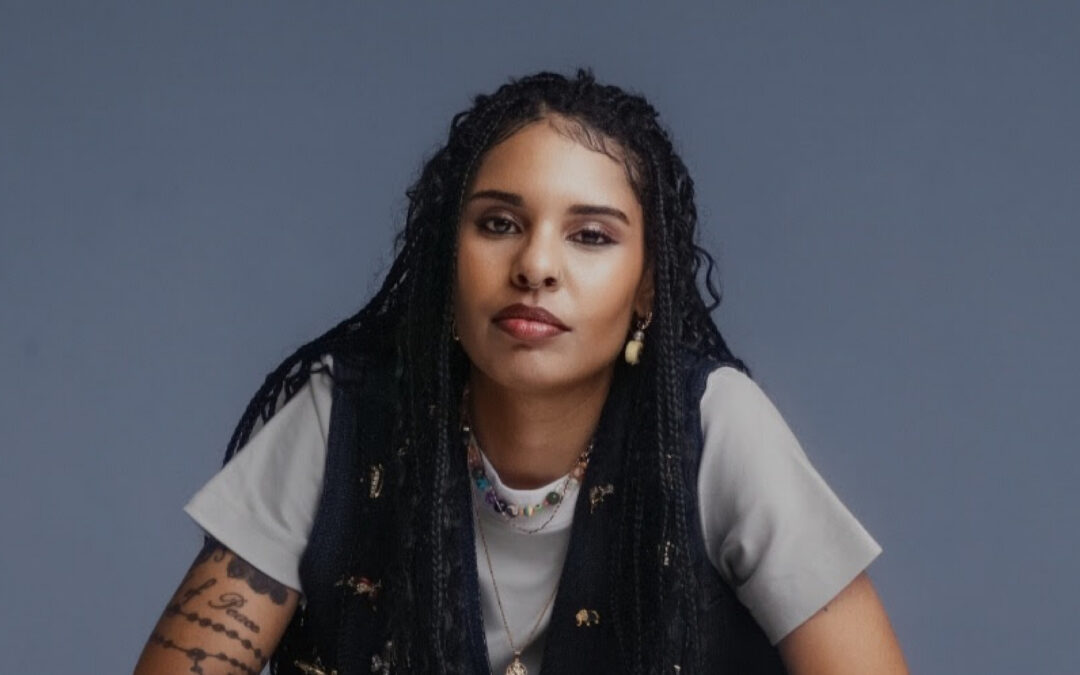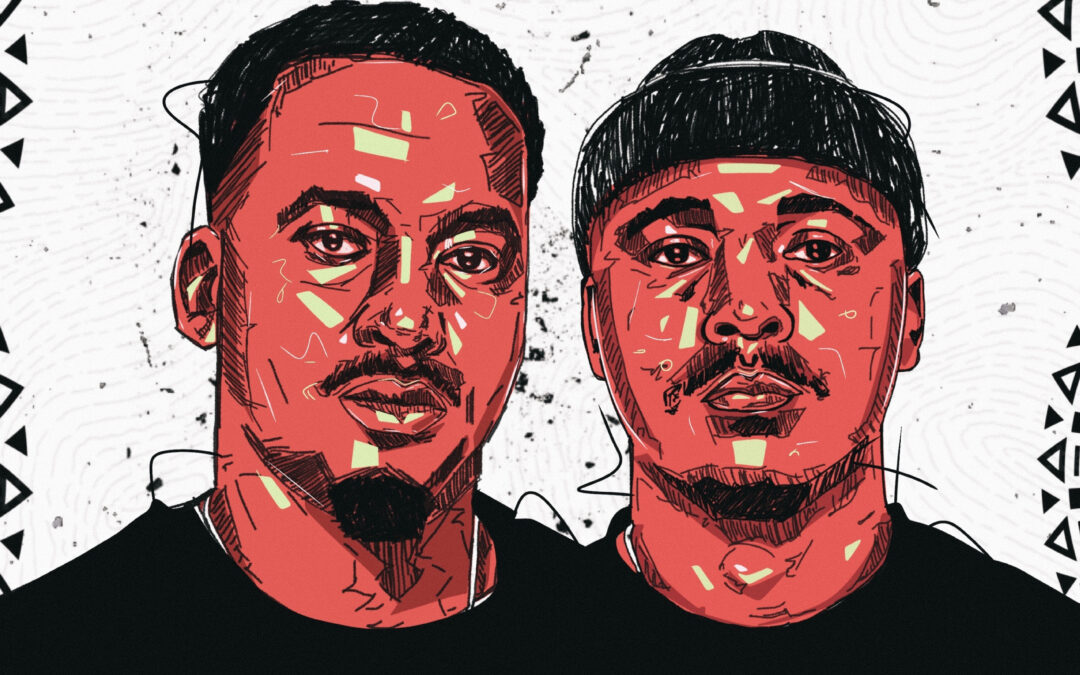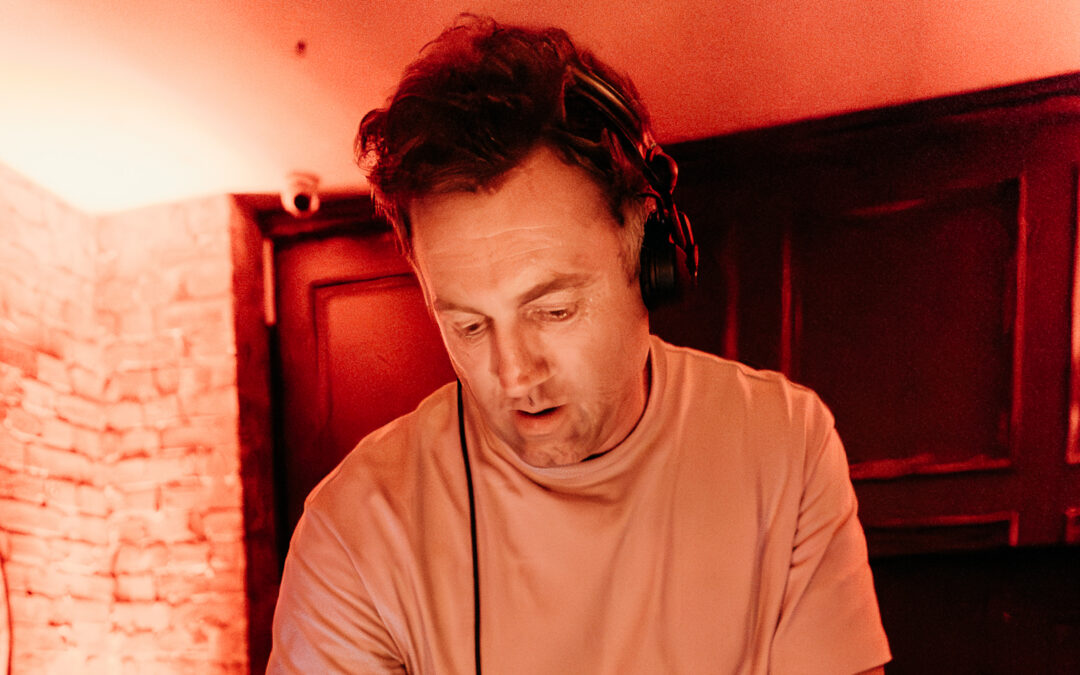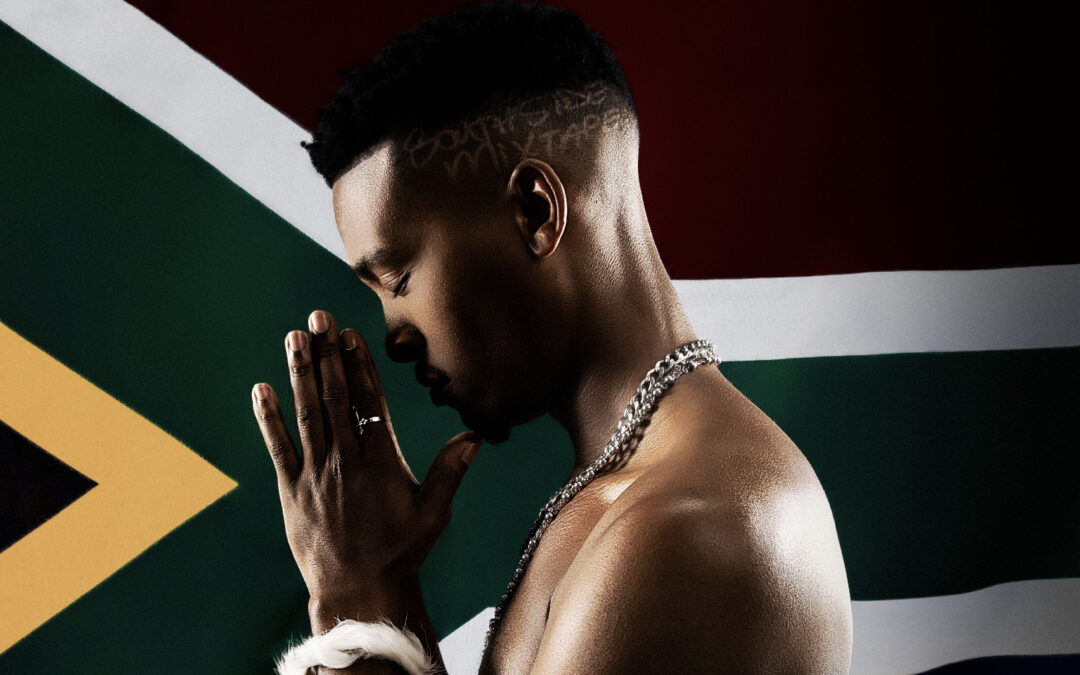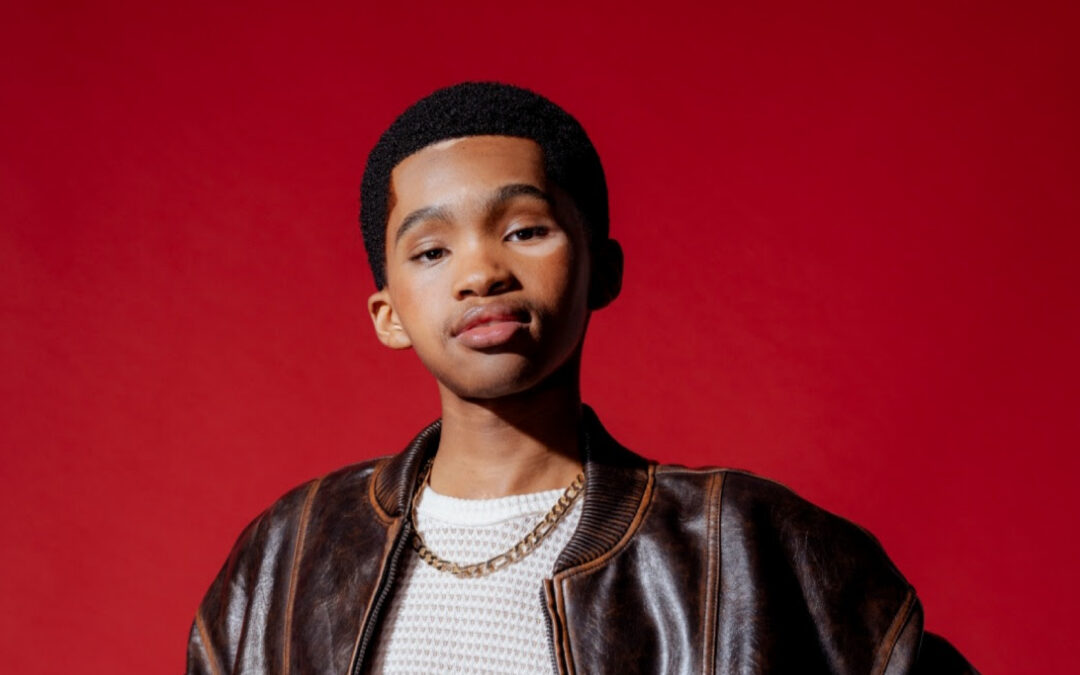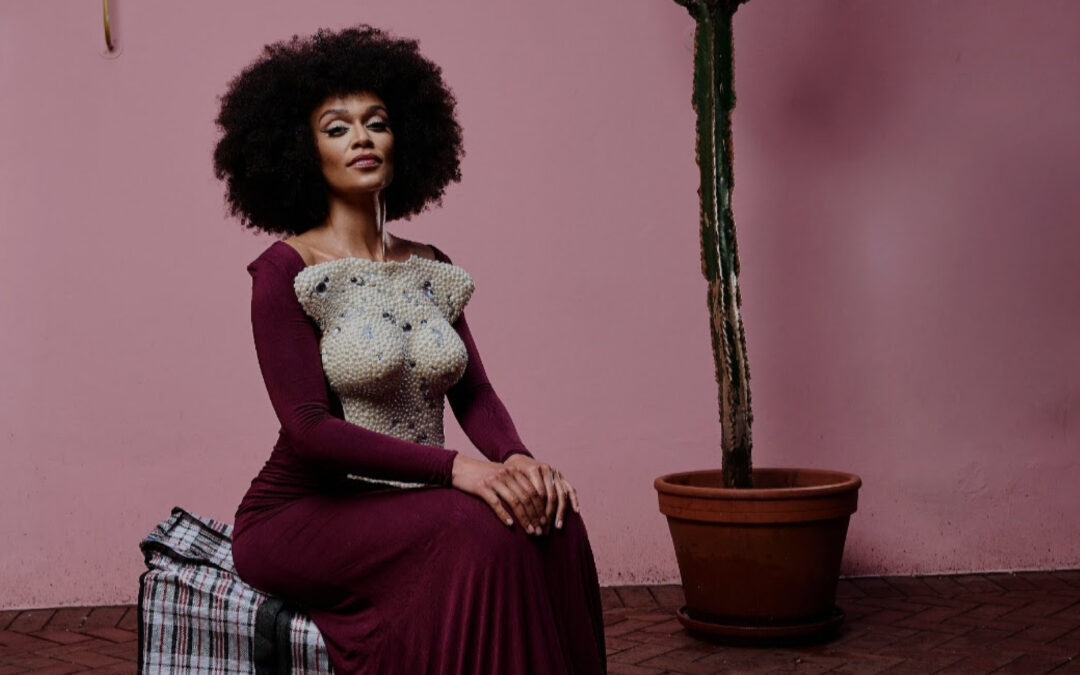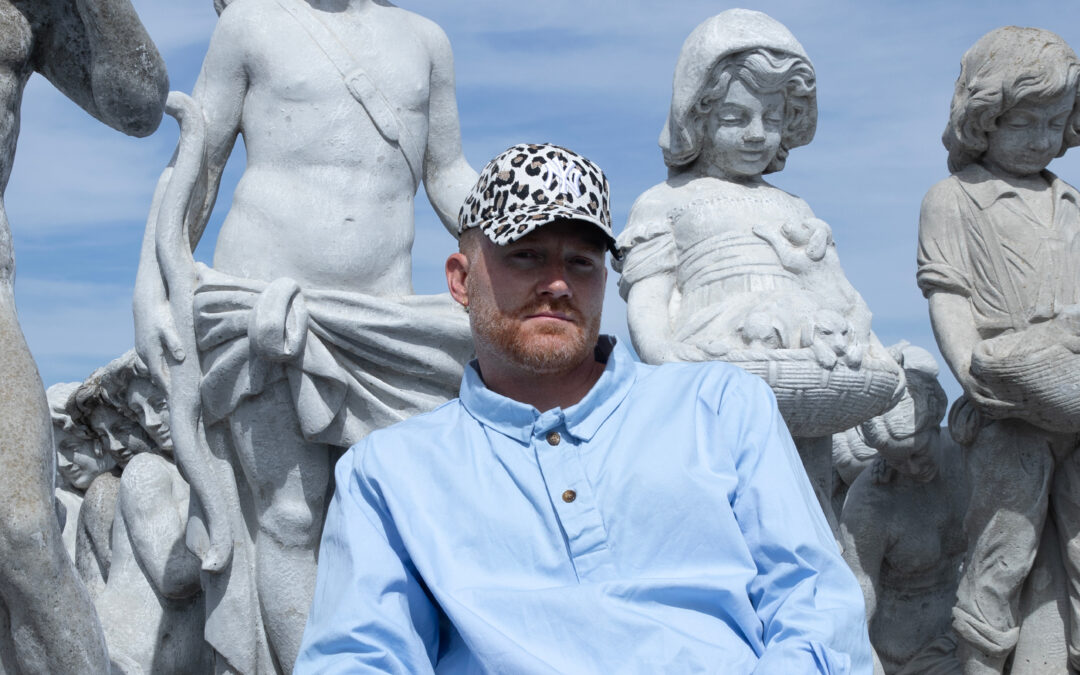Jenny Dison AKA Wata Mami is somewhat of an enigma. It’s not every day that a serious musician — with a background in cult indie bands such as Bye Beneco, Psychedelic Rock band Sol Gems or sonic projects like LUMA with members of the BLK JKS (if you know, you know – one of South Africa’s most important punk bands to ever exist, if I do say so myself) — finds that her truest and foremost love as a musician is DJing. DJing has gained incredible notoriety in the last few years, and while it’s always been a coveted subculture — since its inception in the late 1970s — there’s long been a tangible distinction in the minds of musical artists between the two crafts. DJing is something that can be done by anyone; it is naturally democratic in this way, while most other forms of music require a certain kind of discipline or training. In this way, it’s kind of subversive that Jenny’s foray into music ended up behind a booth, when she commanded all manner of mics and instruments at local and international arenas and festivals. As I’ll later learn from Jenny, there is a freedom in DJing beyond the centering of self that makes it totally immersive as a musical or artistic practice.
Under her moniker Wata Mami, Jenny Dison’s evolution as an artist has been anything but linear. Her sounds — fluid, soulful, and rhythmically curious — draw from disco, house, and the deep reverbs of global electronica. Over the years, she has become a mainstay in Johannesburg and Cape Town’s underground scenes, grafting hard to carve out her place and uplift others within it. At the centre of it all is Jenny’s commitment to sound and self-expression — and, as we each conclude in our conversation with each other, the abiding recognition that music and movement on a dance floor are human birthrights. Literally, good for our health.
Jenny describes her entry into music as “a happy accident”, and somewhat pre-destined, as someone clearly born for the stage. “I was studying drama and film and always thought I’d go into the arts,” she recalls, “maybe become a writer or an actress — all the big dreams of a young person.” That trajectory shifted when she and a few classmates started Bye Beneco, a band that quickly grew into a national phenomenon and remains sonically and aesthetically emblematic of the early 2010s in all its glorious, hyper-popish indie dreamscaping. “We actually dropped out of university to get the band going — it became quite a big thing. We signed to a record label and toured with our first album all over South Africa.”
“It’s so crazy, though, because my first love was DJing before I was ever in a band or a musician.” Jenny muses, reflecting on her early twenties, and how she began experimenting with sound in small Johannesburg bars. “We’d go out to Greenside — people were literally burning CDs and playing them at these bars. And I was just like, wow, I really want to do that. I love music. I have a musical family. And I feel like this is such a cool way to express myself.”
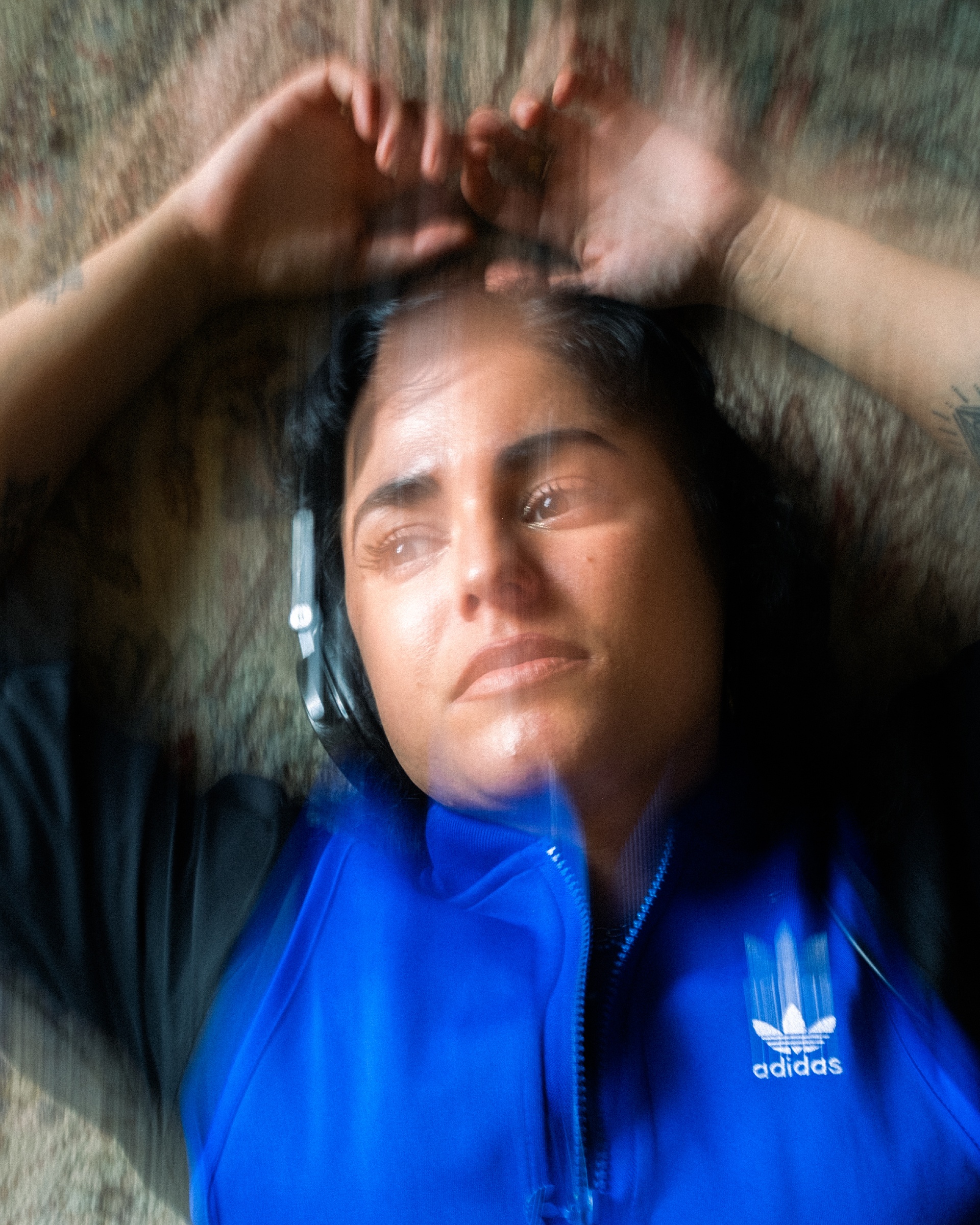
All photography by Sune Van Tonder
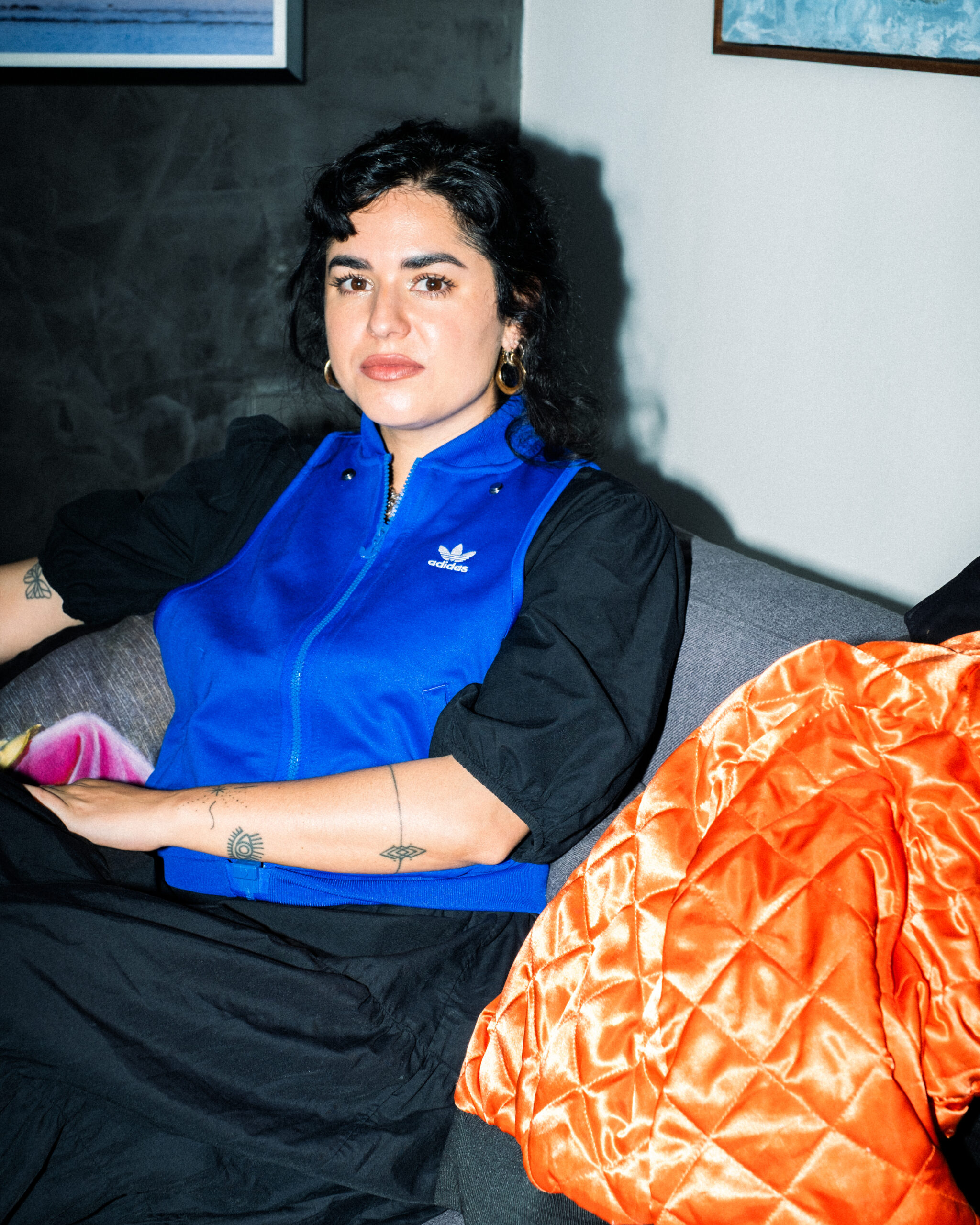
After years in bands, stints in advertising, and a long creative search, Jenny returned full circle to what always anchored her. “It’s only in the last six years I’ve really started taking DJing more seriously — it’s the thing that’s always stuck with me through all my career choices. Now I do it full time — I teach DJing, I teach production, I run events. It’s become the thing that holds everything else together.”
For Jenny, DJing has never been about ego or authorship; “I love the fact that oftentimes you’re not playing your own music,” she says. “You’re showing appreciation for the music that inspires you and the music that you feel will have an impact on the crowd.” What draws Jenny in is the act of translation and guiding the atmosphere, emotion, and memory through other people’s sounds. “Even if you’re there just to make people dance,” she adds, “there needs to be some kind of golden thread. I believe my set should tell some kind of story. To me, DJing is music journalism. It’s archiving and collecting music, investigating sounds and artists.”
Jenny speaks about DJing with equal parts reverence and realism, noting that “yes, it’s a responsibility being a DJ and holding space and making people move, but at the same time, it’s important not to get an ego or put so much pressure on yourself that you start thinking, oh my god, I’m responsible for everyone’s vibe.” As a non-DJ, I’ve always imagined the role as something almost shamanic — the DJ as guide, translator, energy worker. A tall order, I know and Jenny gently disarms this idea, reminding me that the best sets are actually the ones in which control dissolves into flow, and which the DJ allows themselves to become simply another body in the room, caught in the same pulse as everyone else. “The best moments on the dance floor are when the DJ is just grooving and feeding into the energy. It’s about the music. It’s about the people.”
Still, that space has not always been easy to claim, and as Jenny reminds me; “Especially as a female artist — not only in South Africa but globally — there’s been lack of women on lineups, or they have become tokenised which is also not helpful in the fight to be taken seriously as a femme artist” she says, of this perennial issue of equality. So, to counter this and assert her agency, Jenny is deliberate about how and where she plays. “I’m very conscious of making sure that if I say yes to a gig, I know that the lineup is diverse and that I’m not the only woman on it,” she says. Jenny laughs as she calls the term female DJ “such a diss, honestly. We’re just DJs.” The label is a reminder that what is considered “neutral” in music has long been coded male, and to insist on the qualifier is to subtly mark women as exceptions rather than equals, when in reality, we have always been there — playing, producing, and shaping sound.
In recent years, though, the tides have begun to turn. Festivals like Pangea, Jenny explains, have become powerful examples of what happens when inclusivity is intentionally and effortlessly ascribed, over any kind of tokenism. “At Pangea, I think there were more female artists than men. They don’t release lineups — it’s all about stumbling across artists, removing ego. The female energy of that festival carried through the whole weekend; it was just this powerful force — everywhere I went, badass female artists performing. It felt like a wonderland.” To Jenny, this marks the natural evolution of a scene that’s finally recognising its own depth; and what a welcome shift that is, that the floor belongs to everyone.
If there’s one thing Jenny is certain of, it’s that the South African music scene is alive with momentum. “There are more interesting, thought-provoking, intentional events happening — and I’m so lucky to be part of those lineups,” she says. “The reason my career is where it is, is because there’s momentum in the South African music industry — it’s not exclusive to me, it means we’re all elevating.” For her, curiosity matters more than credentials, and she explains that DJing is so open-ended; “your origin story as a DJ can simply be, I fucking love music,” she says. “A good DJ is someone inquisitive about music, that’s all.” Cape Town, Jenny adds, has proven to be the perfect incubator. “It has such a big music scene for such a small town — it’s really conducive to dance floors and DJs. We’re very lucky.
“Dance floors are healing spaces. It’s where we go to express ourselves and release so much,” Jenny notes. “At Pangea, I didn’t feel a bad vibe from anyone — people were so engaged and open.” For Jenny, that energy is the result of organisers and promoters who are committed to cultivating safety, inclusivity, and intention. The most memorable nights, she says, are the ones where people feel held by the space as much as they are moved by the music.
There’s a growing movement in South Africa toward more conscious, connected nightlife — day events, intimate listening sessions, community-driven parties — all rooted in the idea that collective joy is an essential part of human wellbeing. On dancing and music as a human birthright, we agree; and Jen and note that when dance and sound are treated as communal practices, something transformative happens: people listen better, move differently, and begin to experience belonging in real time. For Jenny, that’s the point. “We need more joy, more celebration — and that’s what I love about DJing. It’s my time to celebrate other artists as well. I don’t want it to be about me; I want it to be about the dance floor and the people and the music.”
As she looks ahead, Jenny speaks with deep gratitude for Diskotekah — the Cape Town-based queer led collective that has been instrumental in reshaping the city’s nightlife. Their vision represents what the future of music culture should look like: open, celebratory, and community-first. Jenny recalls how “as I moved to Cape Town four years ago, they took me under their wing, no questions asked, their faith in me has pushed me to be a better DJ.” Diskotekah’s dance floors are spaces of expression and safety, in which joy and care are embedded with everything. Alongside this is Jenny’s reverence for Tourmaline Berg, who cuts something of a mythic figure as a South African music mutha and cultural anchor. It’s a reminder that we are always carried by those who believe in us, in our potential, and in the culture we build together.
Next up? Despite Jenny’s history as a musician — “playing instruments, making my own music, featuring on producer tracks” — many people still encounter Jenny only through her sets. Now, she’s ready to merge those worlds again. “I want to bring more artistry into my DJing — to start singing, playing keys, and adding instruments to my sets. The dance floors need a little bit more live music. I have exciting gigs coming up, like playing at Fabric Cape Town. This January, a dream come true where I’ll be opening for Horse-Meat-Disco.” From rites of sonic passage, to things she can’t yet disclose; Jenny was born to help you groove, and what a special gift this is. Watch this space.
Listen to Jenny’s Pangea mix here.
You can catch Wata Mami live this season:
Tropical Disko Day Festival — 20 December
FABRIC Cape Town — 10 January
Bazique Festival — March 2026
AfrikaBurn — 2026
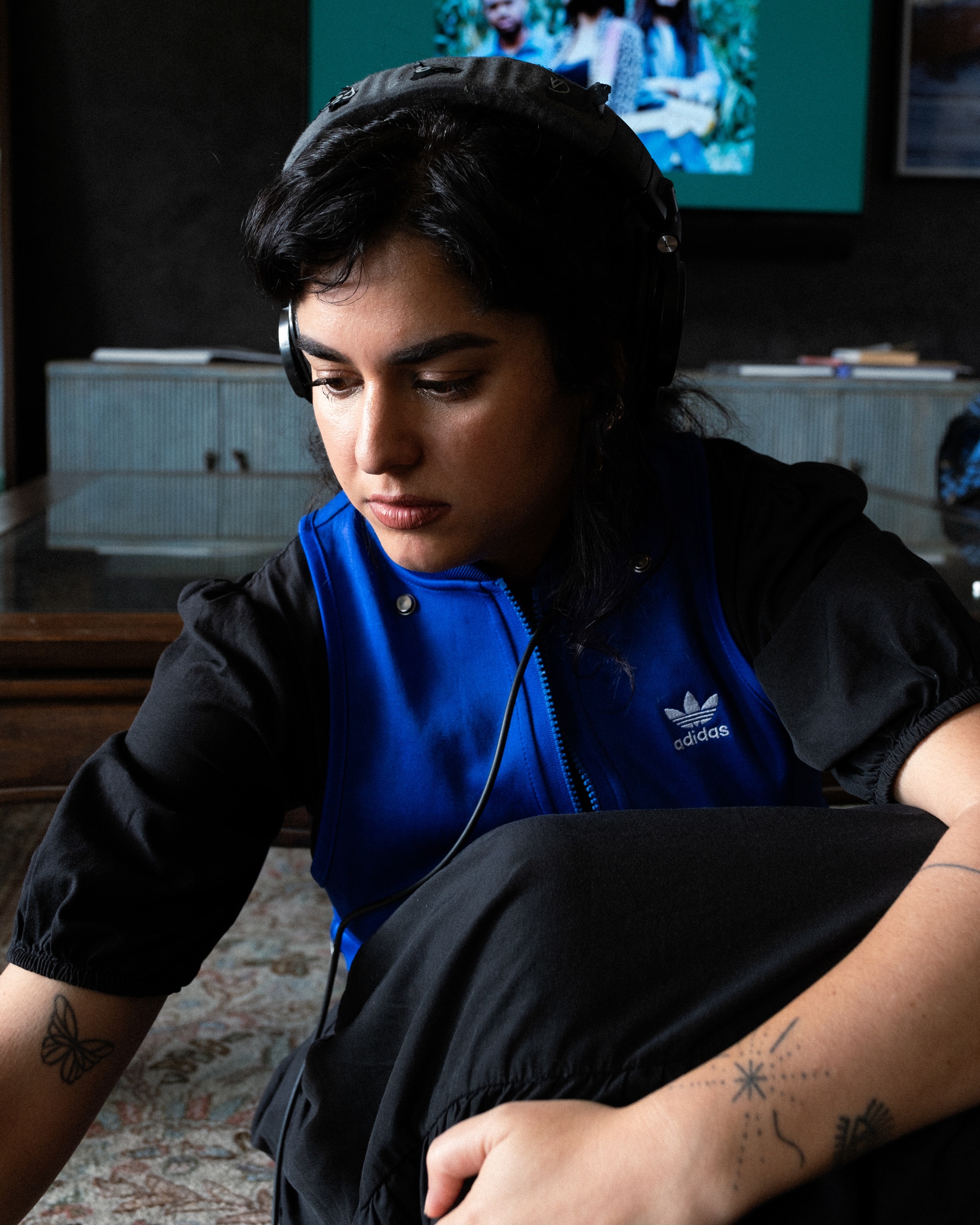
All photography by Sune Van Tonder
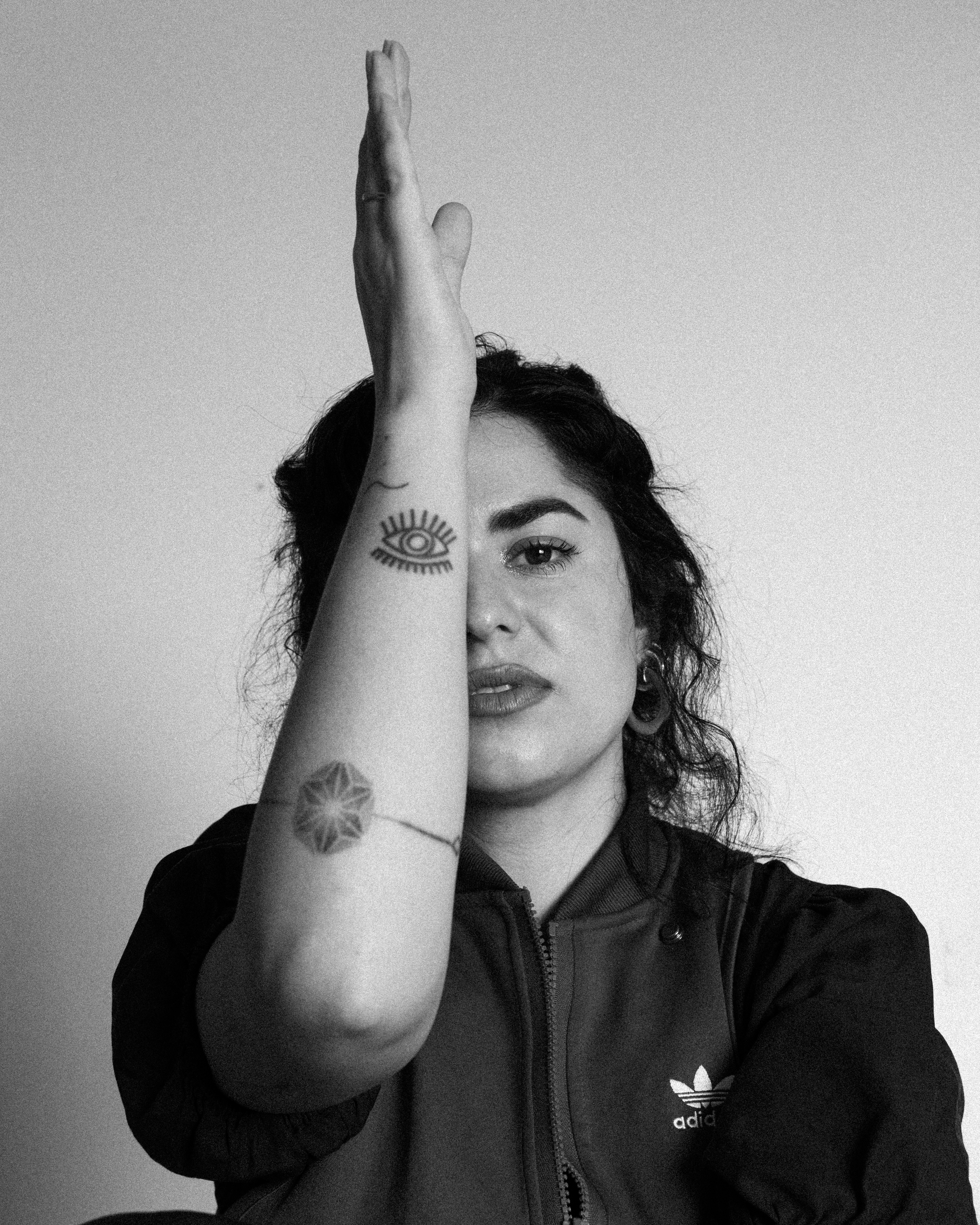
Written by Holly Beaton
For more news, visit the Connect Everything Collective homepage www.ceconline.co.za

